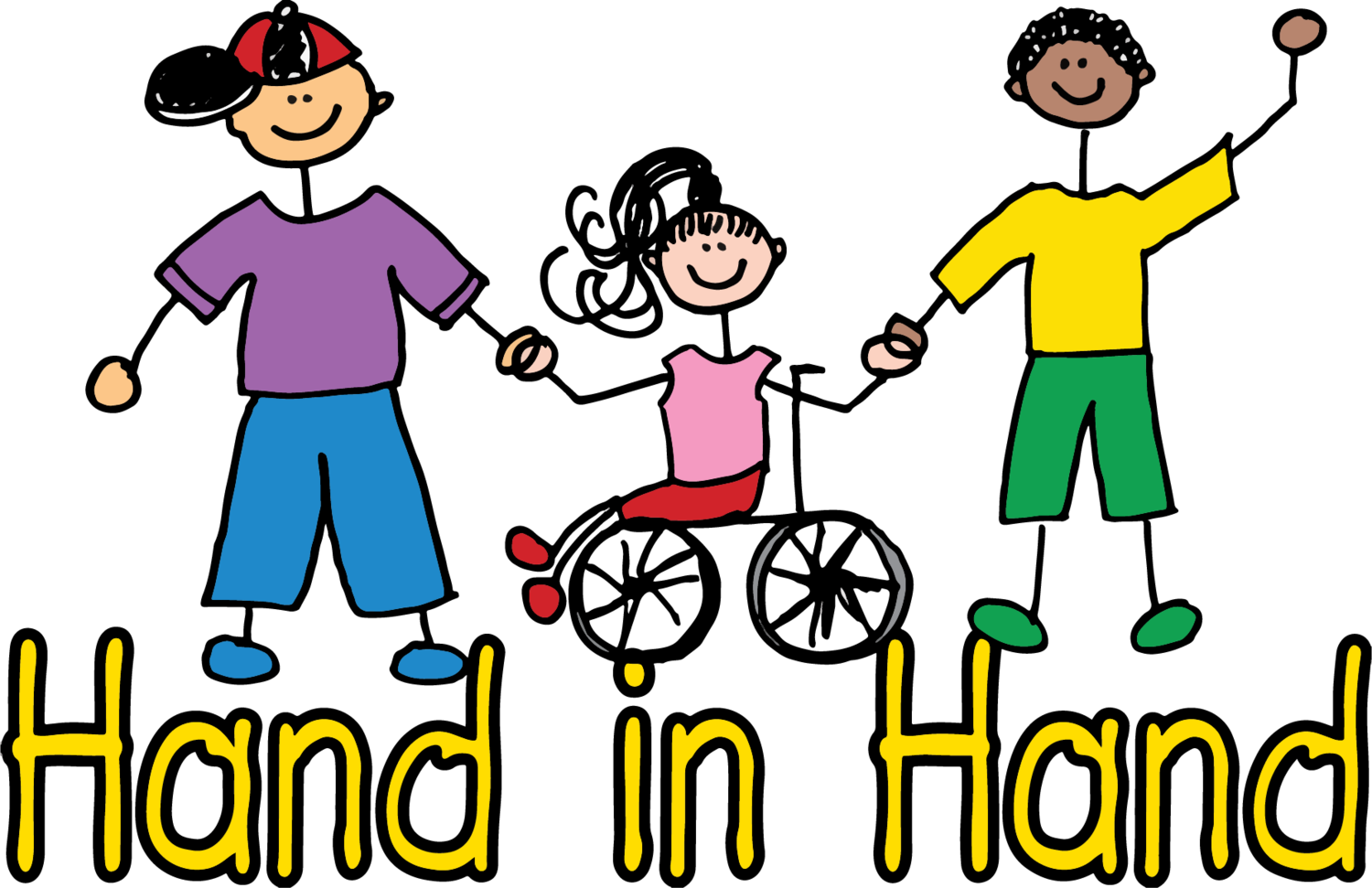How to Stop Being Awkward with Individuals Who Have Disabilities Right Now
According to research by Scope in 2014, “67% of people feel uncomfortable when talking to a disabled person.” This awkwardness often stems from a fear of seeming patronizing or saying the wrong thing, or a lack of life experiences with individuals with disabilities. It doesn’t have to be this way though. You can change the way you think about disabilities and how you interact with those who have disabilities, but it’s going to take some conscious effort on your part.
We’re here to support you as you learn to confront your prejudices and change your thought process and behavior. To start, here’s some tips on how to stop feeling uncomfortable or being awkward with individuals with disabilities.
Start treating them how they want to be treated
The Golden Rule (“Treat others how you would want to be treated”) is a great rule to live by; however, we encourage you to start thinking, “How would they want me to treat them?” Individuals with disabilities want to be treated with respect, open-mindedness, and kindness just like you do, so keep that in mind.
Spend time with them
You’ll never be able to find out how people who have disabilities would like to be treated unless you start to spend time with them. The more you avoid interacting with individuals with disabilities, the more worried you will become about it. On the other side of this, the more often you engage with individuals with disabilities, the more you’ll see what they’re capable of, and hear about their dreams for life and their accomplishments so far. To start, volunteer at an organization that provides services to individuals with disabilities or simply start a polite conversation with someone you see in public.
Stop thinking of them as charity cases, “poor things”, or incapable
…and start thinking of them as equal human beings who want the same things as you in life. Whenever you catch yourself viewing someone with a disability as lesser than you or if you find yourself feeling sorry for them, remind yourself that they are equal to you, they may have strengths that you don’t have, and their diagnosis doesn’t make them less of a human being than you.
Stop excluding them
People with disabilities are often perfectly capable of doing things that you might assume they can’t do. Adaptations or small adjustments may be needed sometimes, but that shouldn’t stop you from asking them to participate. Remember they’re just like you, and you'll see that firsthand once you stop excluding them because of what you think they can or can’t do.
On a similar note, stop assuming doing normal, everyday stuff is a huge feat for them
Sometimes tasks or activities can be difficult for people with disabilities, but most of the time they have figured out how to enjoy hobbies and activities even if adaptations are needed. Kelly, who has spinal muscular atrophy, explained it can be a downer when people think it’s a big deal for her to do the things she enjoys. She said, “At Global Festival, my husband and I were backstage dancing, and more people were watching us dance than were watching the actual gig. They kept trying to give me high-fives. People come over on a night out and tell me how much respect they have for me just because I’m having a night out!”
Stop avoiding talking to them
Don’t ask questions or make comments to those around them when you should be asking them directly. The more you avoid talking directly to them, the more fearful of talking to them you will become. There is no reason to be worried about or fearful of talking to an individual who has a disability (again, we emphasize Would you want people to avoid talking to you because you have freckles?).
It’s easy to be weary of situations or people you’re unaware of. Even our Marketing & Development Director had some reservations when she started working at Hand-in-Hand. However, the key to overcoming that fear is educating yourself and challenging the way you view disabilities. It’s going to take time and effort from everyone to improve the attitudes about disability, and an acknowledgement that people with disabilities are people who matter. Will you join us in that acknowledgement?

